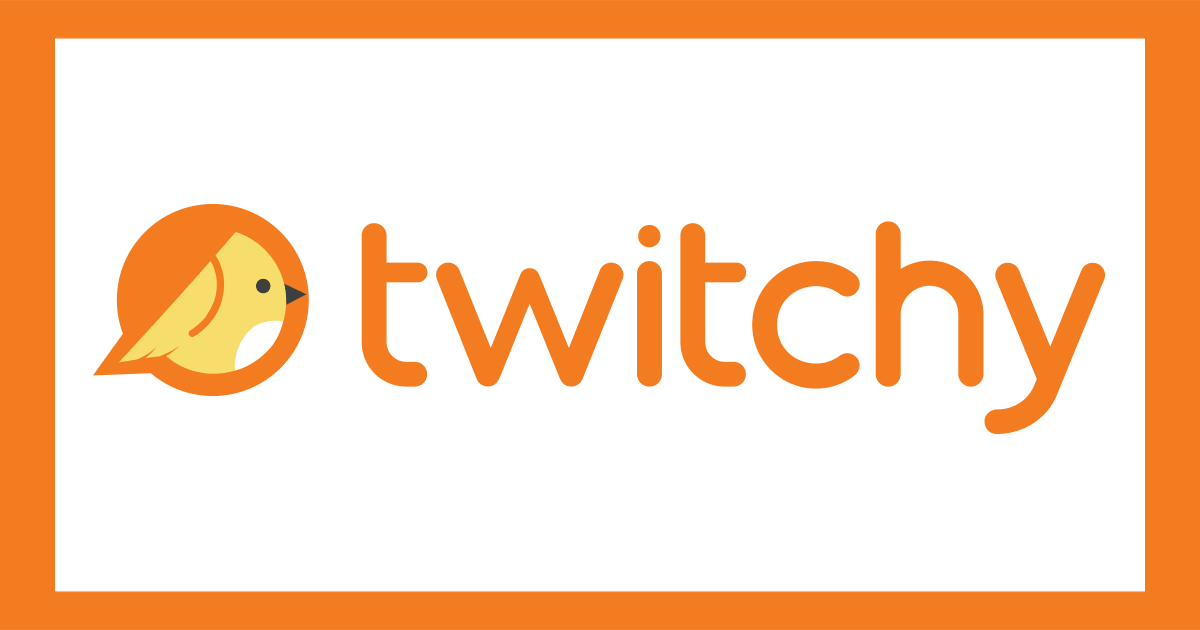The Biden White House and Democrats have been keeping themselves busy arguing that the “Inflation Reduction Act” will not raise taxes on the middle class. White House chief of staff Ron Klain even retweeted a New York Magazine article by Jonathan Chait in an attempt to put down any claims that the Inflation Reduction Act would be detrimental to the middle class:

In the story, Chait cited a report to say that the Inflation Reduction Act (which ironically would worsen inflation) to say that middle class taxes wouldn’t go up, BUT…
Here we have @WHCOS acknowledging (via retweet) that the Manchin climate bill will lead to lower incomes for middle class Americans.
“You won’t pay more in taxes, you’ll just be making less money” isn’t the defense they think it is. pic.twitter.com/PMPlHVvsr0
— Matt Whitlock (@mattdizwhitlock) August 1, 2022
Did Klain actually read the story? Maybe he’s just hoping nobody else will because the devil’s in the details:
“It’s not a tax hike, we are just lowering your wages”
At a time when real wages have already plummeted due to inflation (after Biden’s American Rescue Plan passed) the Biden administration wants to lower your wages a bit more to buy wealthy families electric cars. pic.twitter.com/qdUfCaxeXS
— Matt Whitlock (@mattdizwhitlock) August 1, 2022
From the story that earned a Ron Klain retweet:
Second, and far more importantly, the partial analysis does not actually find that the plan increases taxes on the middle class. It is an analysis of the burden of a proposal, which would establish a 15 percent minimum corporate income tax on firms with income over $1 billion.
The complication that enters the picture is that the JCT, like other economic modelers, tries to project how the burden of a tax increase is borne. The agency used to assume that corporate tax increases are borne entirely by shareholders in the firms that pay the tax. In 2013, the agency changed its modeling assumptions and now assumes that corporate tax increases are not borne entirely by shareholders. Instead, firms respond to tax increases in part by reducing wages for their employees and reducing investment, which ultimately leads to slightly lower wages.
[…]
But even assuming JCT’s projections are completely correct, it is not a description of a tax increase on the middle class. It is a forecast, rather, that a tax increase on large corporations will eventually lead to slightly lower incomes by the middle class. JCT’s table breaks down this burden by income category. But it is not showing that the people in these income categories will pay more tax.
“Actually the middle class might even pay less in taxes because this will lower their incomes” is quite the defense to allegations that the bill would increase taxes.
https://twitter.com/VigiaFinca/status/1554104792716398593
And of course corporations will pass any tax increases onto consumers on top of everything else:
Corporations will pass down their tax burdens. Vote Dem. LMAO. https://t.co/GkMVtelOnM
— RedPups (@PleasantPups) August 1, 2022
That will definitely happen if this bill passes, which is looking increasingly likely.
***
Editor’s note: We’ve made a correction above to note that Chait writes for New York Magazing and not The New Yorker. Chait also had this to say that he made no such concession in his article that the Inflation Reduction Act would reduce middle class incomes:
Twitchy asserts that I write for the New Yorker and that my column concedes the IRA would reduce middle-class incomes. Neither of those things is true. https://t.co/bmO8YI3g3A
— Jonathan Chait (@jonathanchait) August 1, 2022
























Join the conversation as a VIP Member